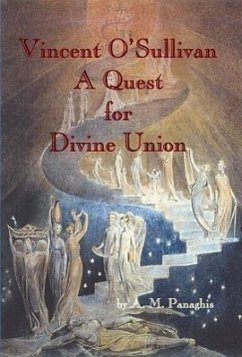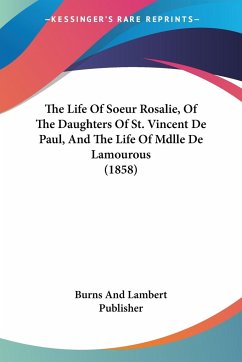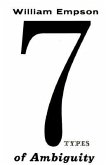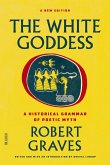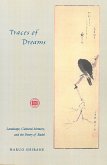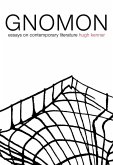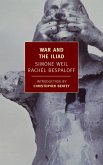The aim of this study is to view the poetry of Vincent O'Sullivan as an evolving process by which the poet moves forward and upward simultaneously in an attempt to fulfil the Divine union. To delineate his experience the poet created a religious context within which he expressed his ideas and feelings. Furthermore, O'Sullivan believed that the only way to make his poems effective and interesting was to blend personal with borrowed ideas. As such, the meaning of the poems is conveyed only when they are viewed individually and in the order they appear. Actually, the analysis of the poems in their original order is the only method that yields not only an explanation of the complexities that underline the artist's psyche but also outlines the poet's vision. Finally, the psycho-theological approach used in this study aims at helping the reader not only to come to know O'Sullivan, the man, but also appreciate his work. O'Sullivan's poetry is metaphysical because it delineates the mystic path of the pilgrim/persona, the dark nights of the soul, and the final harmony that prevails after the union of the soul with the Divine. This mystical experience forms the subject matter of the two volumes, and is conveyed by a central image depicting God as a Divine Lover that woos the human soul/beloved. The courtship and marriage of the Lover and the Beloved is described both in spiritual as well as erotic terms. O'Sullivan ends this highly personal drama with the desired marriage between the feminine soul, and masculine God. To O'Sullivan, the Holy Marriage of the Bride and the Bridegroom proved the most important cause in man's life. By fusing Catholic views, medieval conventions, and romantic forms, O'Sullivan succeeded in conveying his ideas effectively.

